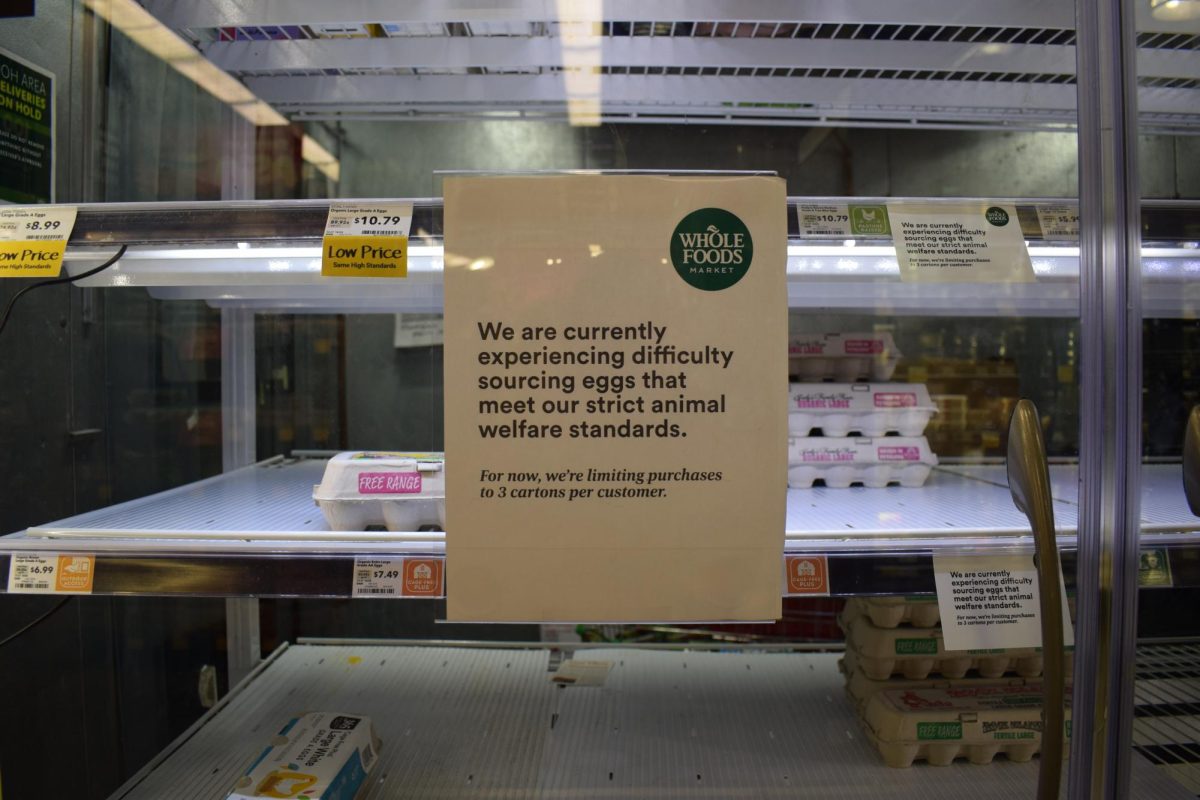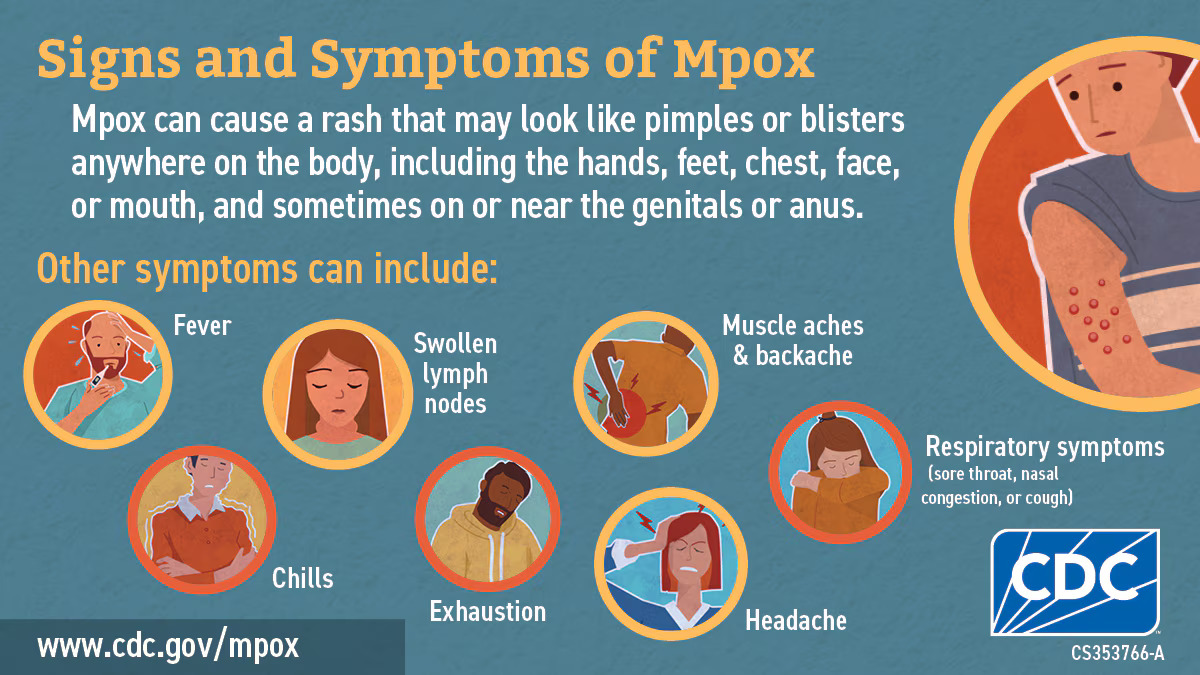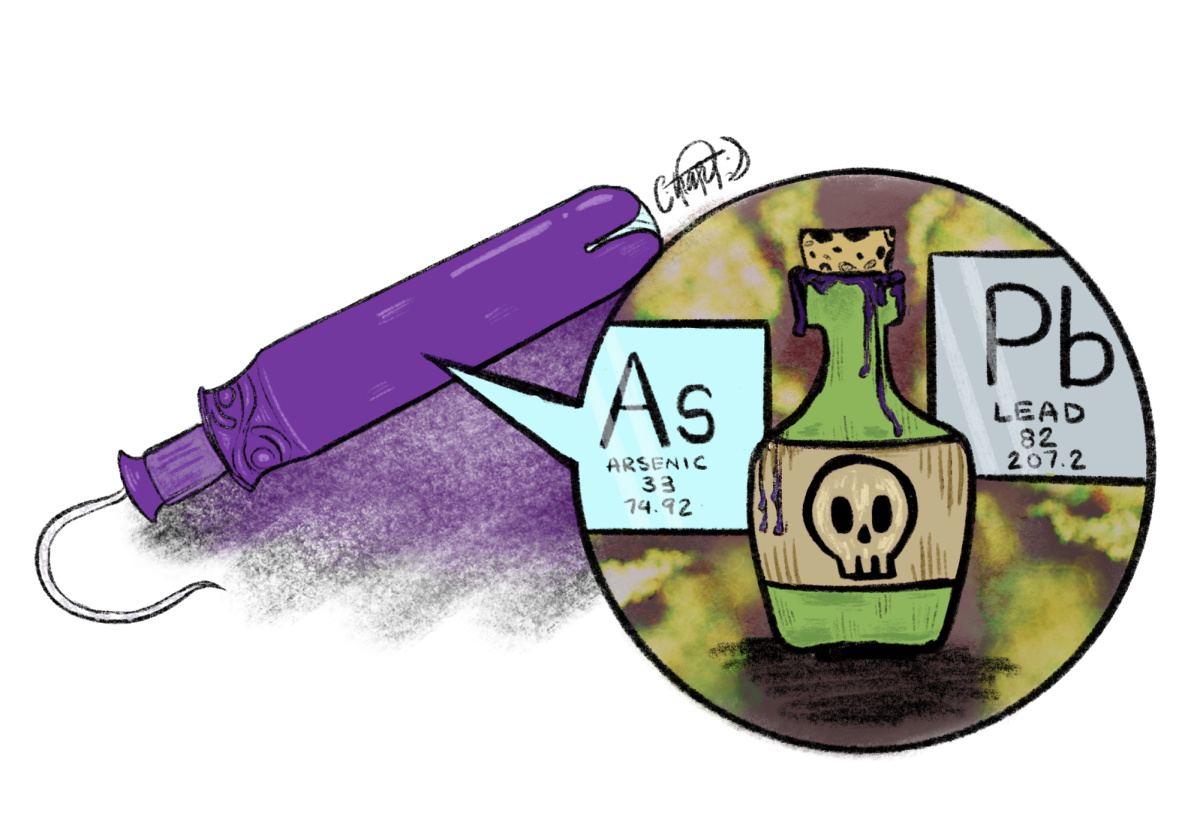Gum, not quite food, but definitely chewable. What is this enigma of a substance?
Merriam-Webster, defines it as a “sweetened and flavored insoluble plastic material. When we think of plastic, we often imagine the hard capped disposable water bottles that line every cafeteria fridge, so why do students go so far as to chew the substance, and what makes it so good or bad?
It seems that chewing gum actually has many benefits. As Riordan biomedical teacher Karen McDermott explained, “The act of chewing increases blood flow to the brain, which might help students stay focused, especially during tests or long lectures. It might also serve as a stress reliever, which can help some students manage anxiety or nervous energy in the classroom.”
Frequent gum user, Mikeala Vital ’27, further added, “It helps me focus in class.”
In addition to helping students stay focused, chewing any gum is scientifically proven to combat bad breath, while specifically sugar-free gum can help contribute to fewer dental problems at least when paired with other oral care techniques.
Yet, gum isn’t always beneficial as according to dover.gov.uk, “80-90 percent of gum is not disposed of in any litter receptacle.” Even worse, gum is not biodegradable, meaning that it won’t become compost like natural foods. Because of this, it turns into litter that ends up in schools, on the ground, and in the environment.
Specifically in school, “Gum can be distracting—not just for the student chewing it, but for others, especially if it’s done loudly,” said McDermott.
Additionally, dentists at NRH Dentistry explained how chewing sugary gum can actually lead to increased dental erosion and tooth decay.
Some students even criticized the texture and taste of gum.
Senior Matthew Lu added that it tasted like “chewing flavored rubber.”
So while gum has many benefits, consumers have to be careful how much they chew and which types they use, or it could cause lots of problems. One way to help with this is to be more responsible when it comes to the circumstances of chewing gum, meaning instead of consuming during an important test, doing it during a free block.
While there are definite benefits to chewing gum, dentists, teachers and environmentalists encourage users to monitor the actions revolving around the use and disposal of gum, or else, gum enthusiasts could end up in a sticky situation.








